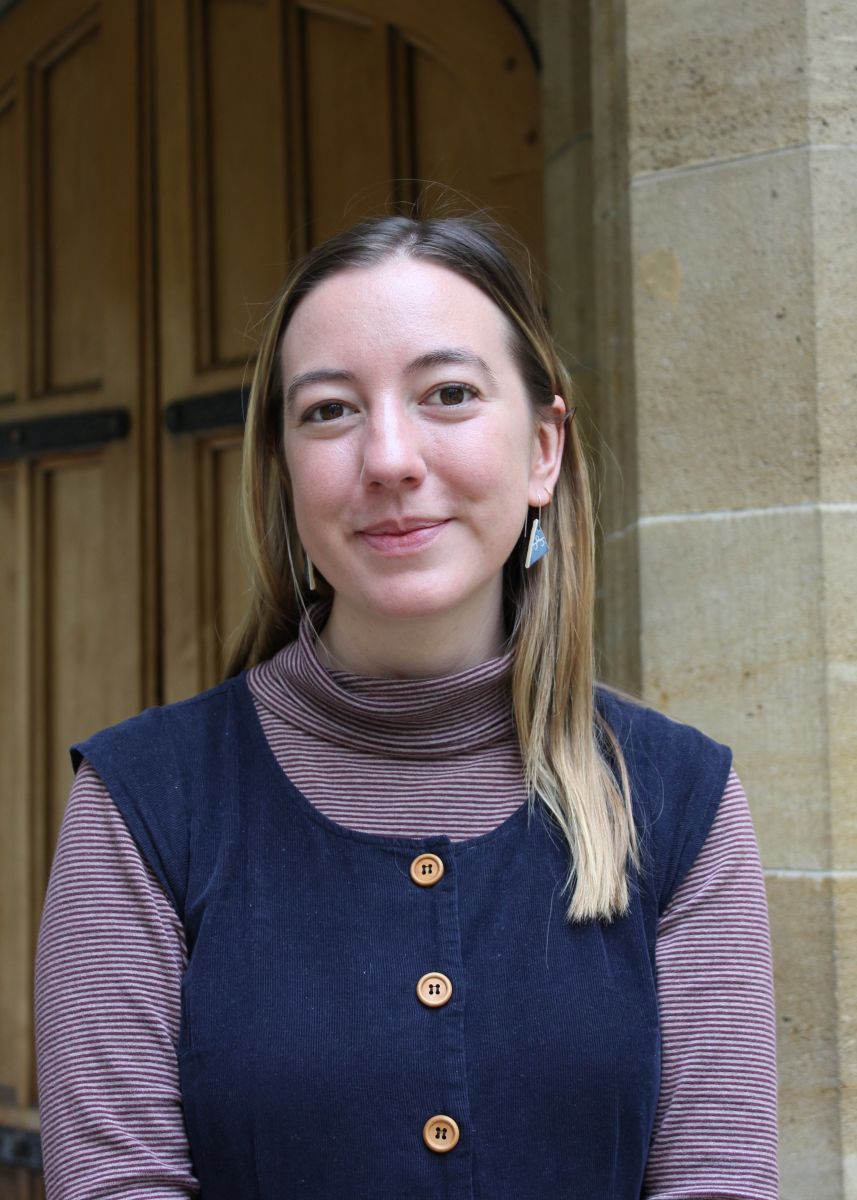Research on the intergenerational impacts of Maralinga nuclear tests supported by Moran Award
- 2 mins read


Henrietta Byrne from the University of Adelaide. Photo: supplied
Henrietta Byrne from the University of Adelaide is the recipient of the Academy’s 2021 Moran Award for History of Science Research.
She receives the award for her proposal entitled ‘Legacies of exposure: Tracing scientific and Indigenous understandings of exposures from the Maralinga atomic testing (1956–84)’.
Ms Byrne will explore how Australian science has responded to the question of intergenerational impacts of environmental exposures on bodies over time, focused around the British atomic testing conducted in Maralinga, South Australia between 1956 and 1968.
The National Archives of Australia and the Australian Institute of Aboriginal and Torres Strait Islander Studies library, as well as interviews with leading anthropologists, will inform her research.
Her work will not only provide an important examination of scientific understandings of environmental exposure, but will also focus explicitly on the Indigenous aspects of this history.
Ms Byrne said that the award will allow her to study the relationships between Indigenous knowledges, settler colonial histories and science and technology studies.
“I'm honoured to have the support of the Australian Academy of Science to undertake this study. It is a great opportunity to engage with the archives in a way that highlights the experiences and ongoing activism of Aboriginal people whose land was exposed to radiation.”
This research is part of her broader PhD project in Anthropology and Gender Studies on environmental exposures and epigenetics in Indigenous Australian contexts.
The Moran Award for History of Science Research is worth up to $5000, and is aimed at postgraduate students and other researchers with expertise in the history of Australian science. Applications for the 2022 award will open in early 2021.





